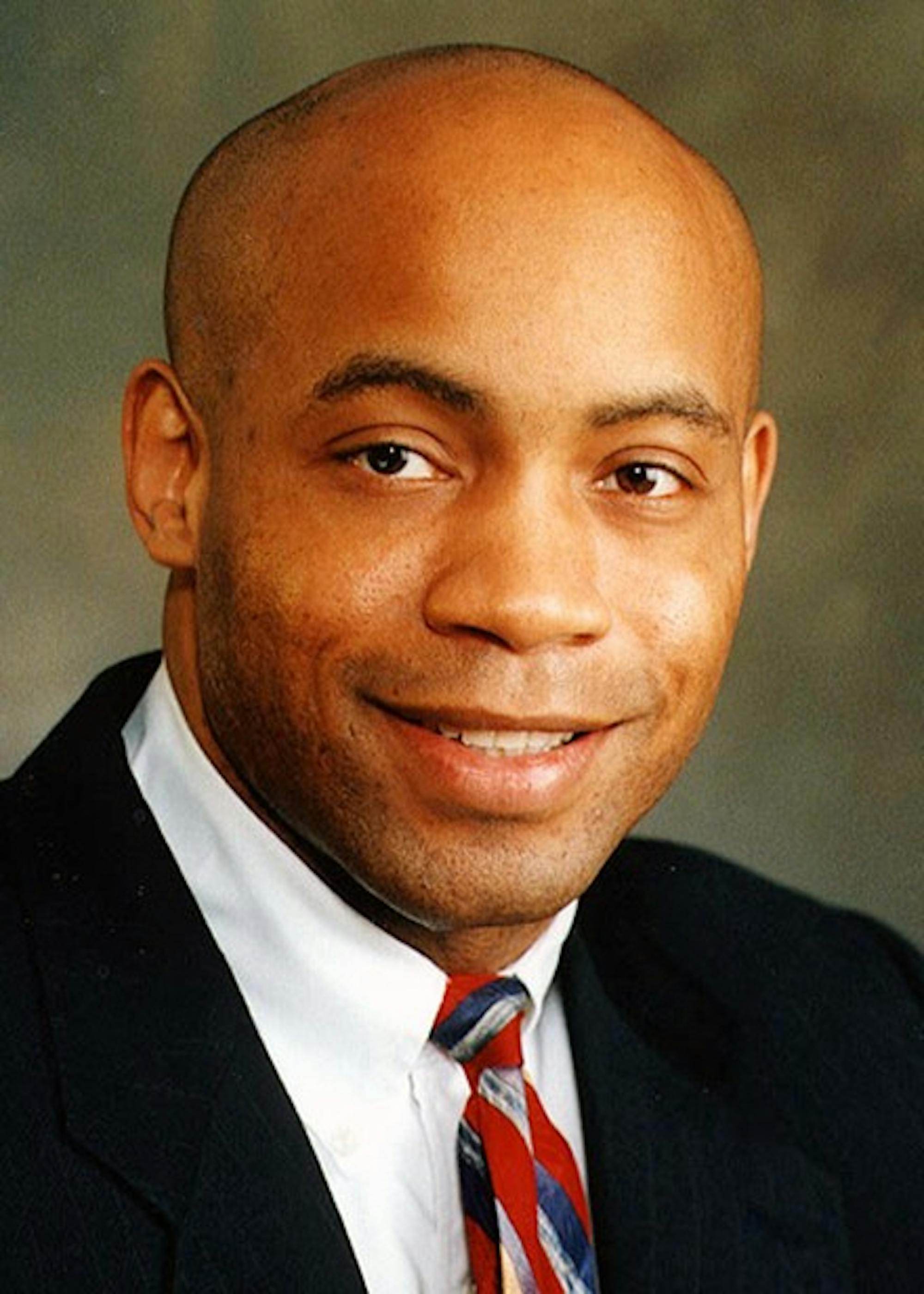The Diversity Council, which is currently rewriting its mission statement, was established in 2001 at about the same time as the Office of Institutional Diversity and Equity. Lord said that the purpose of the council is to help support the College mission.
The members of the council are approved by College President James Wright and comprises several key administrators, including the provost, the dean of the faculty, the dean of admissions, the dean of the College and Tuck School of Business and Dartmouth Medical School deans.
"The lunches are a way for people to express their ideas about how to enhance the culture for all members of the community," member and Interim Vice President for Public Affairs Sheila Culbert said. "It's always interesting and enlightening when you talk to people from a different area of the College to get their perspective on things."
Culbert said that she believes the lunches will encourage greater communication about different issues on campus -- both positive and negative.
"I am confident that good ideas will surface and that they will make a difference," Culbert said. "You can't get that many people together and not get some good ideas out of it."
Lord said that the council chose to hold three separate lunches this term to maximize student participation, and he pointed out that approximately 60 students have attended the lunches.
"People not being here is not an indication that they aren't interested," Lord said. "I am from the perspective that everyone is interested."
Lord said the lunches are also about asking the questions that matter, including questions on what students believe to be obstacles on the path to excellence.
"If you ask the question people will give you the answer," Lord said. "And right now we are asking the questions."
Lord said that the climate lunches are intended to provide an intimate forum where students feel comfortable.
The council plans to compile and release a report of its progress in approximately six months. The report will include not only the progress made but also a list of forward-looking strategies the IDE vice president develops and the individual administrators to whom the strategies will apply. Longer-term projects will also appear in the report.
Lord said that some of the issues mentioned by students at climate lunches are already being taken up by administrators. In these cases, the Council's upcoming report would call for education to create awareness of these topics on campus.
Lord said that the plan was designed to keep the council accountable and its methods transparent.
"I have been in too many situations where nothing gets done," Lord said. "We have built into this design that something will get done."
The report will be made public first to those who attended the lunches and then possibly to others on campus via the Internet.
The Office of Institutional Diversity and Equity has also helped to establish Thursday night coffee talks on a variety of topics. Lord said that the coffee talks tend to attract an audience of people who come because the specific topic matters to them.
"Our greatest desire is to bring groups together that don't dialogue," Lord said of the coffee talks.
The topics for the coffee talks are developed by the office's interns who search through media and Dartmouth news for relevant issues, allowing for a variety of differing students to take part in the events. The size of the coffee talks has ranged from five to 20 people.
"Reality is that Dartmouth is too good not to be better," Lord said.




